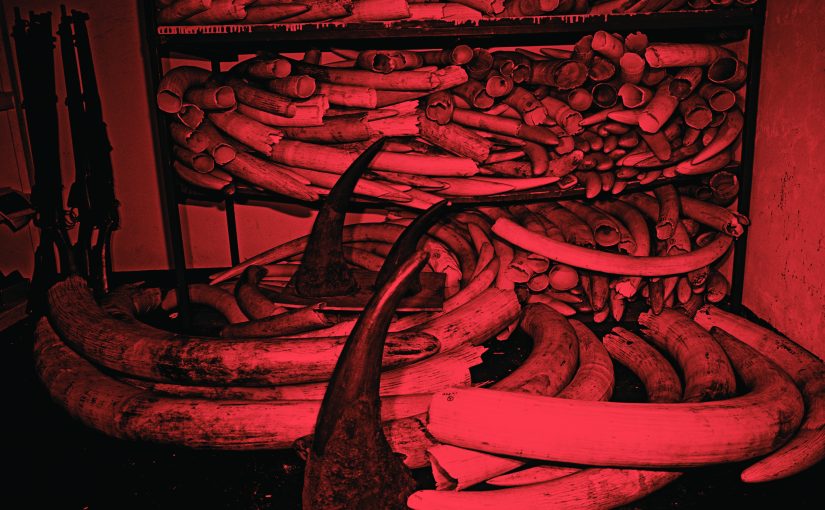A Menace to Developing Economies
The Link between Illegal Poaching, Illicit Trade, and Terrorism

The Illegal poaching of animals—and the trade of live animals and products derived from animals—is estimated to be a multibillion-dollar business. Wildlife is traded as skins, leather goods, or souvenirs; for use in food or traditional medicine; as pets; and in many other forms. This unlawful harvest and trade ranges from the illegal fishing of endangered marine life for food to the poaching of elephants for ivory.
Poaching is a security threat and a menace to developing economies. Most brutal conflicts and poaching activities in East Africa are carried out by armed combatants who prey upon both communities and wildlife. They are interrelated. Poachers with heavy weapons are a danger to lightly armed rangers and civilians, as well as to the animals that they target. They operate in remote territories and cross borders with impunity, wreaking havoc on villages and families. Increasingly, criminal gangs and militias are wiping out entire herds of wildlife and killing anyone who gets in their way.
Illicit entrepreneurs who engage in these crimes have become increasingly globally itinerant, navigating international borders and operating in very complex manners by expanding their markets and creating new frontiers. For example, multiple reports describe armed men coming across the border from Somalia into Kenya to kill elephants and smuggle out the ivory. In addition, the scope of lethality of the poaching industry is only increasing as armed groups expand their criminal networks and profit from the lucrative trade in conflict minerals and illegal timber.


